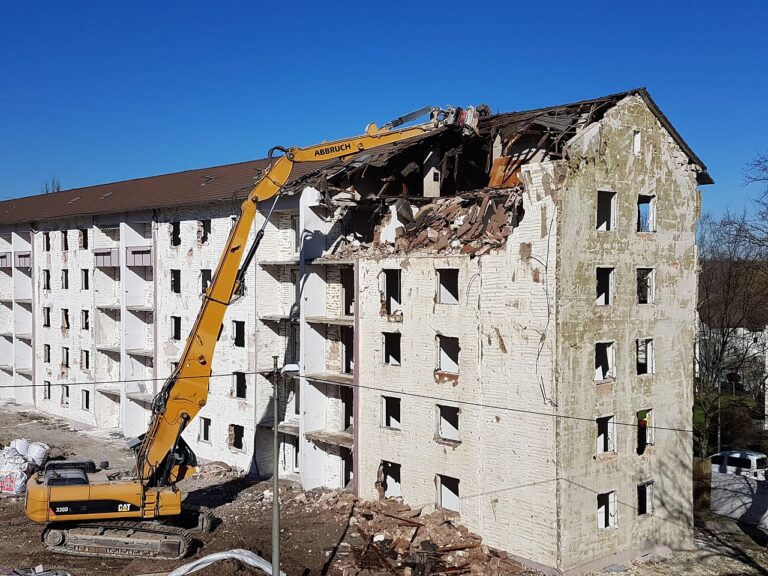Innovations in Sustainable Water Reuse Systems: Diamond exch 999, Play 99 exch login, Reddybookclub
diamond exch 999, play 99 exch login, reddybookclub: Innovations in Sustainable Water Reuse Systems
Water scarcity is a pressing global issue that requires innovative solutions to ensure a sustainable future for our planet. One of the key strategies to address this challenge is the development of sustainable water reuse systems. These systems play a crucial role in conserving water resources, reducing environmental impact, and promoting a circular economy. In recent years, significant advancements have been made in the field of water reuse technologies, paving the way for more efficient and cost-effective solutions. Let’s explore some of the latest innovations in sustainable water reuse systems.
1. Membrane Filtration Technology
Membrane filtration technology has revolutionized water treatment processes by offering a highly efficient way to remove contaminants from wastewater. This technology utilizes membranes with microscopic pores to separate impurities from water, producing high-quality recycled water that can be used for various applications. Membrane filtration systems are widely used in industries, municipalities, and residential buildings, providing a sustainable solution for water reuse.
2. Advanced Oxidation Processes
Advanced oxidation processes (AOPs) are a set of chemical treatment methods that effectively degrade organic pollutants in wastewater. These processes utilize highly reactive oxidants to break down contaminants into harmless byproducts, ensuring the quality of reclaimed water. AOPs are particularly useful in treating challenging wastewater streams with complex pollutants, making them a valuable tool in sustainable water reuse systems.
3. Smart Water Management Systems
Smart water management systems leverage the power of data analytics and Internet of Things (IoT) technology to optimize water reuse processes. These systems monitor water quality in real-time, adjust treatment parameters, and identify potential issues proactively, maximizing efficiency and reducing operational costs. By integrating smart sensors and automation, water reuse systems can achieve higher performance levels and ensure reliable operation.
4. Nanotechnology Applications
Nanotechnology has opened up new possibilities for water treatment and reuse through the development of innovative materials and processes. Nanomaterials such as carbon nanotubes, graphene, and nanocomposites exhibit unique properties that enhance water purification and filtration efficiency. By harnessing nanotechnology applications, water reuse systems can achieve higher removal rates of contaminants and improve overall performance.
5. Decentralized Water Reuse Solutions
Decentralized water reuse solutions are gaining traction as a cost-effective and flexible approach to recycling water locally. These systems treat wastewater at the source, such as residential buildings, commercial facilities, or industrial sites, and reuse it for non-potable applications like irrigation, cooling, or toilet flushing. Decentralized water reuse systems reduce the burden on centralized infrastructure and promote water self-sufficiency in diverse settings.
6. Resource Recovery Technologies
Resource recovery technologies are an emerging trend in sustainable water reuse systems that aim to extract valuable resources from wastewater, such as energy, nutrients, and minerals. By recovering and recycling these resources, water reuse systems can create a closed-loop cycle that minimizes waste and maximizes efficiency. Technologies like anaerobic digestion, nutrient removal, and electrochemical processes enable the recovery of valuable products from wastewater streams.
FAQs:
Q: Are sustainable water reuse systems cost-effective?
A: Yes, sustainable water reuse systems offer long-term cost savings by reducing water consumption, lowering wastewater discharge fees, and minimizing the need for fresh water sources.
Q: Is reclaimed water safe for human consumption?
A: Reclaimed water is typically used for non-potable applications like irrigation, industrial processes, and environmental restoration, rather than direct human consumption. Stringent treatment and monitoring protocols ensure the safety and quality of reclaimed water for its intended purposes.
Q: How can I implement a sustainable water reuse system in my facility?
A: Consult with water treatment experts and technology providers to design a customized water reuse system that meets your specific needs and regulatory requirements. Consider factors such as water quality, system capacity, treatment technologies, and operational considerations when planning for implementation.
In conclusion, innovations in sustainable water reuse systems are driving positive change in water management practices and promoting environmental stewardship. By adopting cutting-edge technologies and strategies, we can harness the potential of water reuse to build a more resilient and sustainable water future. Let’s continue to explore and invest in these innovations to safeguard our precious water resources for generations to come.







